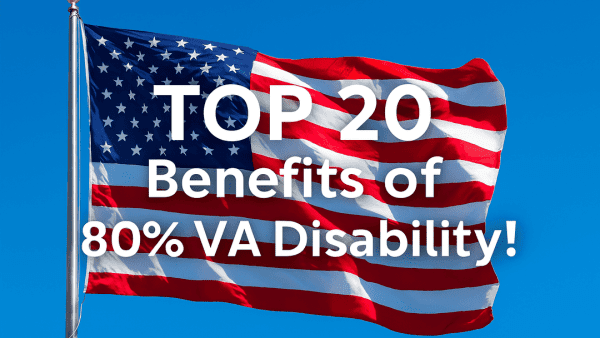Looking for Expert-Level VA Claim Answers?📱Call Us Now! 737-295-2226
In this article we’ll explore the income limits for TDIU benefits. Former service members may require assistance from the VA if you have a service-connected disability and are unable to find gainful employment. For this the VA has instituted the individual unemployability compensation program (TDIU).

In order to qualify for this program, the VA requires proof of the service-connected disability along with proof that your income falls below certain limits.
If approved, the TDIU can provide you with 100% compensation even if the disability is rated less than 100%.
Income Limits for TDIU Benefits
There is not an official income limit regarding the receiving of TDIU compensation benefits. The main limit written into law is that the veteran is unable to maintain “substantive gainful employment.” The exact definition of “gainful employment”, however, remains murky.
The simplest way to know you have a chance to qualify for TDIU benefits are to meet one of the following three criteria:
- You currently are not working due to being unable to work (because of a service-connected disability)
- You have been able to work but unable to make an income above the poverty level
- You are working but in a specialty sheltered position designed to accommodate your service-connected disability
If you meet these criteria you may qualify for TDIU compensation.
Veteran Poverty Level Income
As of 2019, the Department of Health and Human Services federal poverty level limits are considered as follows according to the number of people in the household (in the 48 contiguous states plus DC, Hawaii and Alaska have separate guidelines).
1 person in the household: $12,490
2 people in the household: $16,910
3 people in the household: $21,330
4 people in the household: $25,750
5 people in the household: $30,170
6 people in the household: $34,590
The rate will continue to climb as the family-size grows.
These are some income limits that will be considered as you apply for TDIU compensation benefits.
If you are working and making under the poverty level, your work is considered “marginal employment” and the income may not count against your TDIU benefits claim.
Sheltered Employment
Another instance in which a veteran may continue earning an income that will not count against their TDIU benefits is “sheltered” employment.
Sheltered employment can be determined through a variety of factors, but the two most obvious are family business and sheltered workshop (a supervised workplace for those with a disability).
In these cases, the employer must be shown to have created a special accommodation for the disabled veteran to work. If this can be proven then the veteran should be able to continue working and collect the income on top of the compensation benefits.
TDIU Compensation Benefits
There are a number of factors to be considered regarding the determination of a veteran’s TDIU benefits, including whether or not they are married, have children, are caring for parents, etc…
The 100% benefit for a veteran living alone is currently $3,057.13 per month. The 100% benefit can become as much as $3,625.99 depending on the size of the household.
Learn more about Income Limits for TDIU Benefits
Should you have a service-connected disability impairing you from gainful employment it is recommended applying for the TDIU compensation benefit, even if your disability is rated less than 100%.
While not substantial, the benefits afforded still add up to considerably more than the kind of jobs (minimum wage-$ 12-hour range) that many disabled veterans are able to work.
Ready to apply for the VA benefits you deserve?! This link is the fastest way to get access to our coaching and team of doctors!
Deserve a HIGHER VA Rating?
Learn more about how VA Claims Insider can help you get the rating you DESERVE!
Book a no-obligation Discovery Call today!
About the Author

About VA Claims Insider
VA Claims Insider is an education-based coaching/consulting company. We’re here for disabled veterans exploring eligibility for increased VA disability benefits and who wish to learn more about that process. We also connect veterans with independent medical professionals in our referral network for medical examinations, disability evaluations, and credible independent medical opinions and nexus statements (medical nexus letters) for a wide range of disability conditions.




